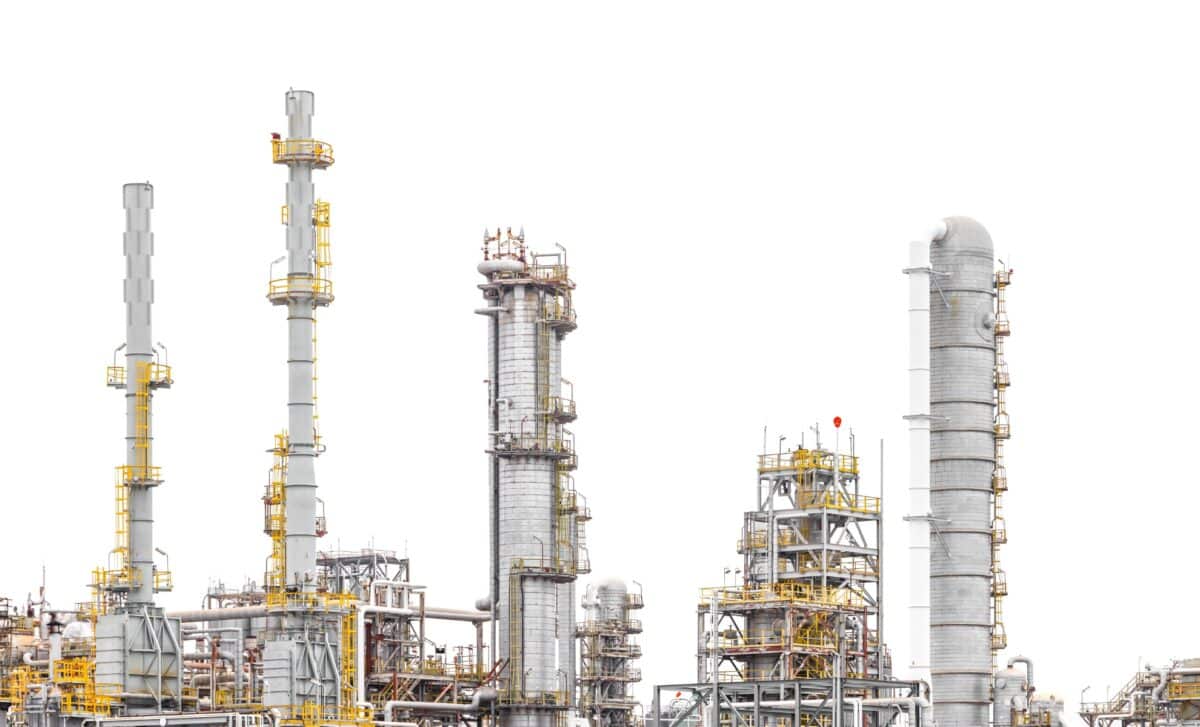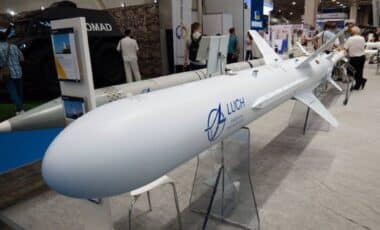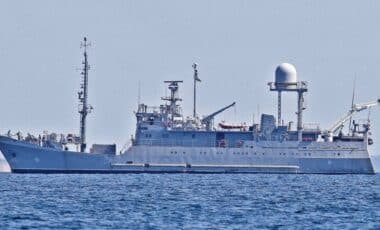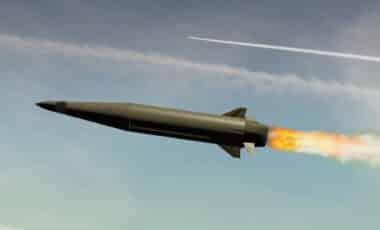Israel has significantly escalated its ongoing conflict with Iran by striking the South Pars Gas Field, the world’s largest. This attack, reported on Saturday by Iranian media, marks the first time Israel has targeted Iran’s energy infrastructure, with a strike on Phase 14 of the South Pars field, which led to a fire and operational suspension. The move signals a sharp intensification of hostilities as both nations exchange military blows.
The strike on Iran’s vital gas infrastructure, reported by Iranian semi-official media outlets such as Tasnim and Fars News, involved an Israeli drone targeting the gas treatment facilities in the Kangan area of Iran’s Bushehr province. This marked the latest escalation in a broader conflict that has also involved attacks on military and nuclear sites. The attack raised immediate concerns regarding the potential disruption to global energy security, especially considering the significant role of the South Pars field in Iran’s gas supply.
Vilkha: The Ukrainian Rocket That Can Strike Targets Over 150 km
The Significance of the South Pars Strike
Israel’s attack on the South Pars Gas Field is unprecedented, as it represents the first strike against Iran’s energy infrastructure. The field, shared with Qatar, is critical to Iran’s energy sector, and the assault targeted Phase 14 refineries, with at least one unit catching fire. The Iranian Petroleum Ministry confirmed the attack, leading to a suspension in operations. Gregory Brew, a senior analyst at the Eurasia Group, described the strike as a warning shot, signaling that Israel is prepared to escalate its efforts if Iran intensifies its retaliatory actions, reports Newsweek.
While this attack caused immediate disruptions, experts noted that the overall output from the South Pars field would not be significantly affected in the long term, as it is one of the largest gas fields in the world. However, the symbolic nature of this attack—targeting vital energy infrastructure—indicates a shift in Israel’s approach.
A Warning Shot or the Beginning of Broader Actions?
According to analysts, the Israeli attack on South Pars is not just a message to Iran but a clear signal of Israel’s willingness to escalate the conflict. Nader Itayim, an energy editor at Argus Media, referred to the strike as a “warning shot,” indicating that Israel could expand its military actions against Iran’s energy sector if necessary.
Despite the relatively limited immediate impact, the attack moves the conflict into a new phase, as energy infrastructure, which was previously seen as off-limits in direct confrontations, is now targeted. The escalation could have significant consequences for regional stability, particularly if Iran decides to retaliate against Israeli allies in the region.
The attack also underscores Israel’s broader strategy of focusing on Iran’s nuclear program and military infrastructure, with operations like “Operation Rising Lion” targeting military leaders and nuclear facilities. This shift suggests that Israel may expand its military operations to other critical sites, further complicating the geopolitical landscape.
Potential for Wider Regional Consequences
The escalation of hostilities between Israel and Iran raises the risk of broader regional instability. Iranian officials have already promised severe retaliation, including the possibility of attacking Israeli allies in the Gulf. Iranian analysts have warned that attacks on energy infrastructure could extend beyond Iran’s borders, targeting oil and gas facilities in countries like Saudi Arabia and the United Arab Emirates if the conflict continues to escalate.
These developments come as Israel faces significant diplomatic and military challenges. Iran’s missile and drone attacks against Israeli military sites have intensified, and the U.S. has been involved in providing defense support.
MDespite the ongoing exchanges of strikes, the situation remains tense, with the potential for further conflict if both sides continue to escalate their operations. The strikes have also derailed ongoing nuclear talks, as Iran canceled a sixth round of negotiations intended to address its nuclear program.








